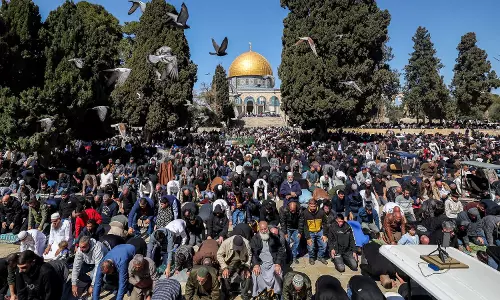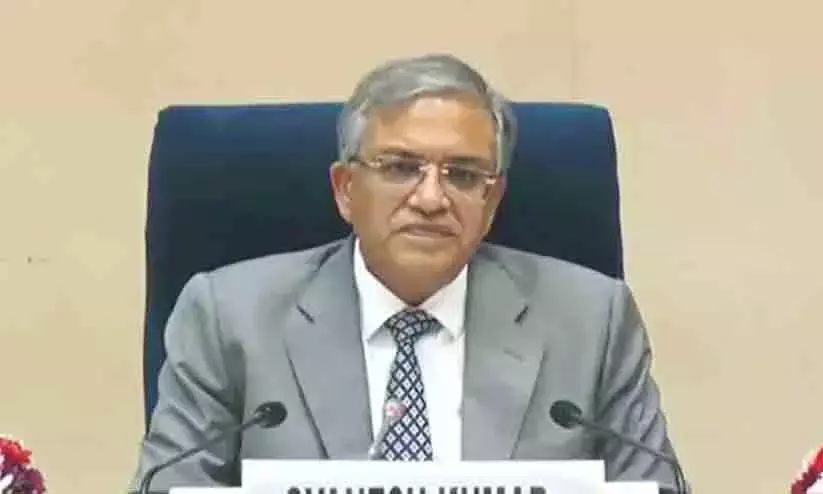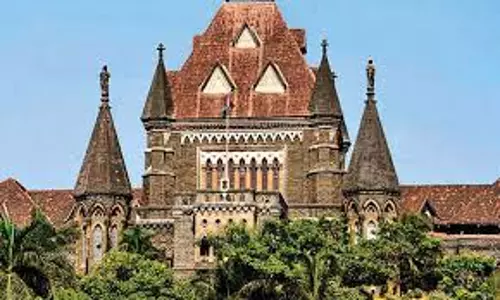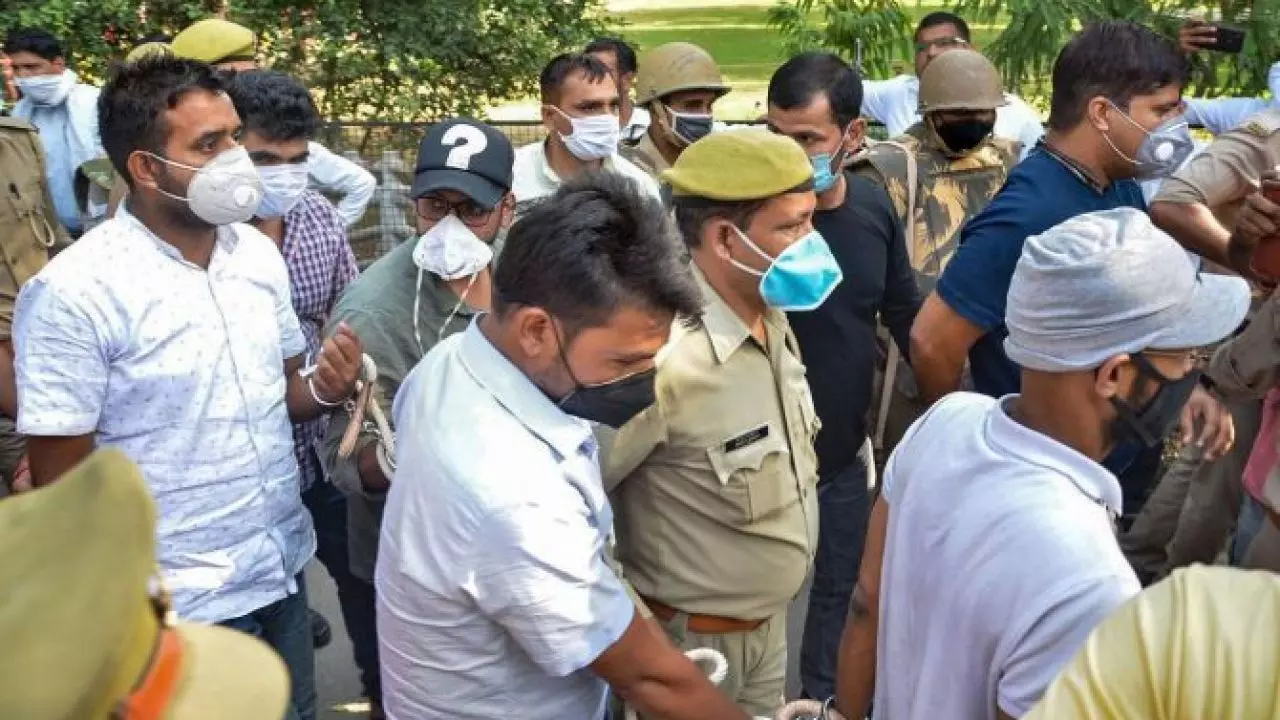
Journalism is injurious to health
text_fieldsThe arrested journalist and three others being taken to the court in Mathura. (courtesy: PTI)
Ever since Narendra Modi's government took office, we have been hearing enough about the motivated and planned chase after human rights activists, voluntary organisations, academicians, intellectuals, artists and mediapersons, who all make interventions of different kinds in the society. And through this column we have written several times on this. The central government is also making a witch-hunt by putting in jail about a dozen people including the faculty of leading universities of the country. And Siddique's arrest can be seen only as a continuation of such action. Along with Siddique were arrested three others: Atiqur Rahman from Muzaffarnagar, UP, Masood Ahmed from Bahraich and their driver, Alam from Rampur. Of these, Masood Ahmed and Atiq Rahman are front-line workers of Campus Front of India. Those who justify - or refrain from opposing - the police action against Siddique cite this as a relevant point. But there is no law in the land that bars a journalist from travelling together or keeping touch with members of any organisation.
Hathras has become a place where even Rahul Gandhi had found it difficult to reach. If Siddique decided to go to such a place with two men from UP, there is no reason for the police to interrupt that. And these two who travelled with him, are not absconding from police or accused in any criminal case. Neither Campus Front nor its parent body Popular Front of India are banned organisations. That being so, the propensity to drag in the names of these two organisations to justify police action, is only out of fear of handling state terrorism directly. They fit in with the narrative regularly used by authoritarian regimes, in their attempt to stifle dissenting voices. In such circumstances, the right political statement to make will be to demand that not only Siddique Kappan but all those arrest illegally using draconian laws should be let free. People who are unable to raise that voice cannot mobilise a protest against state terrorism, as they fear bullying by regimes.
According to the most recent report by the international journalists' organisation 'Reporters sans Frontiers', India's ranking in media freedom is 142 among 180. That is to say, if we slip another 38 notches below, we will get bracketed with the lowest ranked North Korea. The government in UP is one that put mediapersons and political leaders in house arrest without allowing them to meet the family of the girl in Hathras. It was only after huge protests that Rahul Gandhi and his team were able to get there. That being so, it is an easy guess how difficult it will be for a not-so-well-known journalist from south India to reach there. But if the government hounds even such a person in this manner, that is a clue about how incorrigible its approach is. The regime knows that when a weak person/group/institution is caught, there will not be major counter voices. But, it will be worthwhile for every one to realise that it amounts to a preparation for catching the more powerful. The major pre-requisite for journalism to sustain its resilience in these times is to keep raising its voice.






















